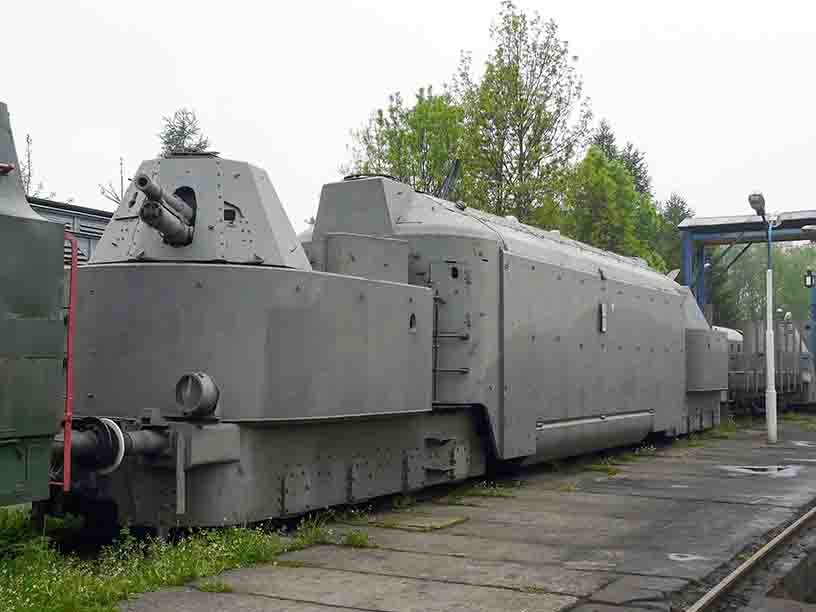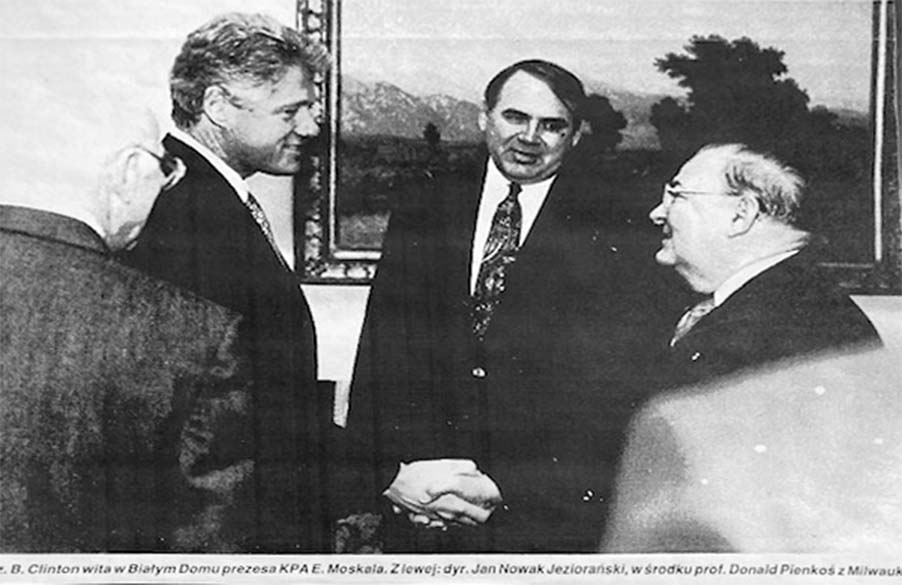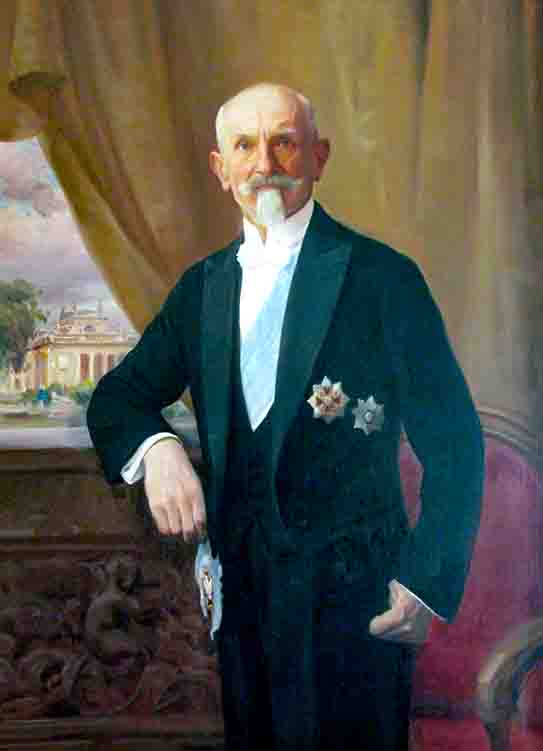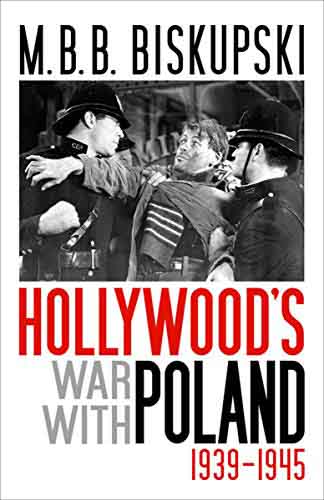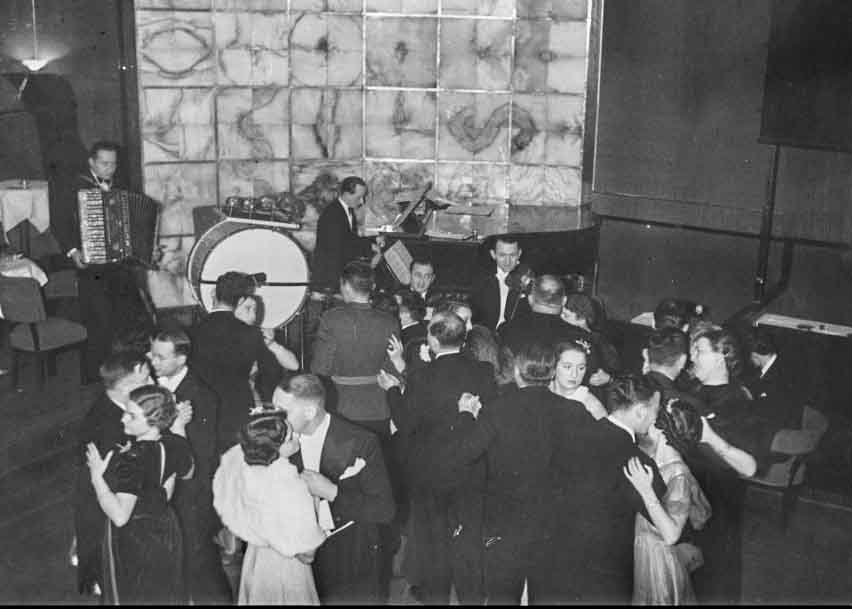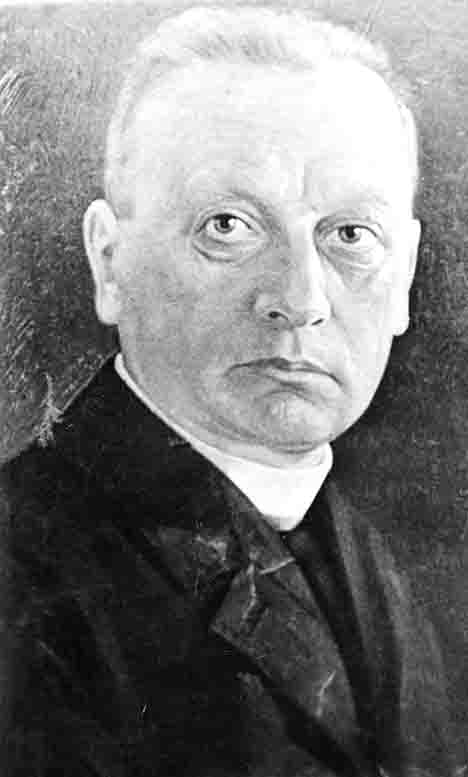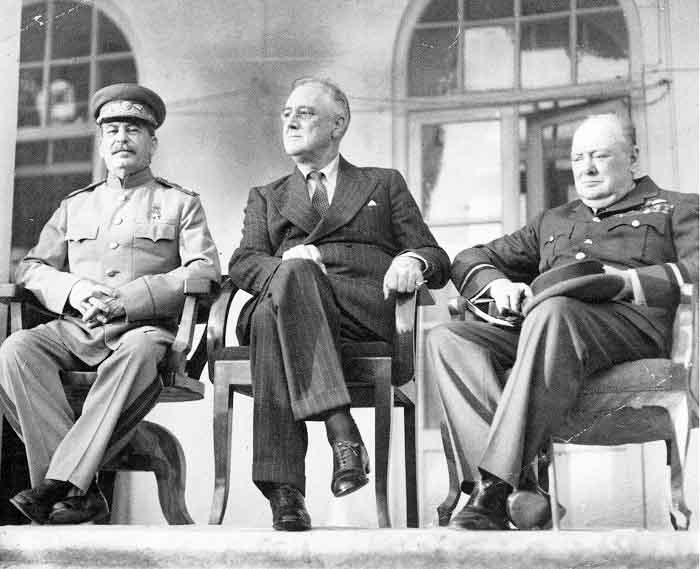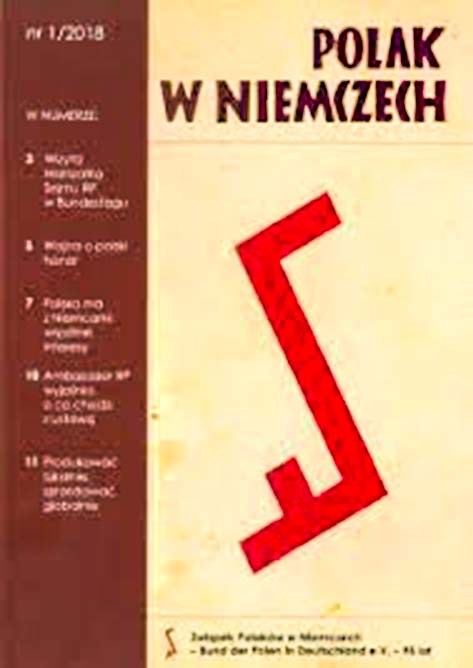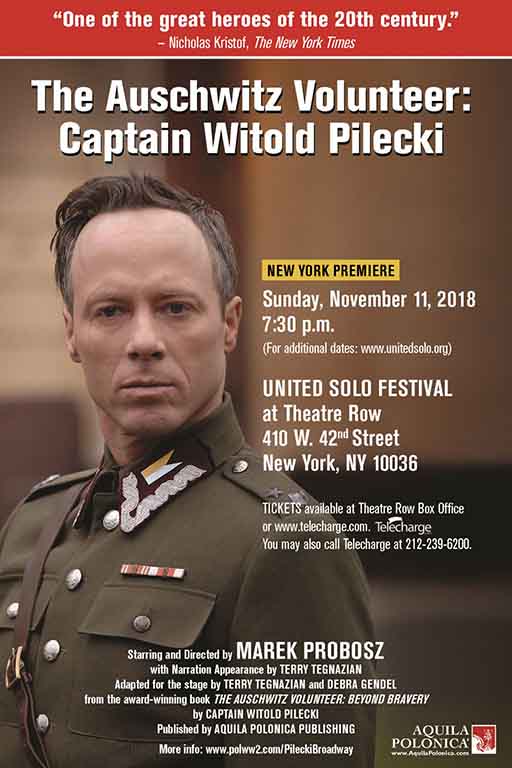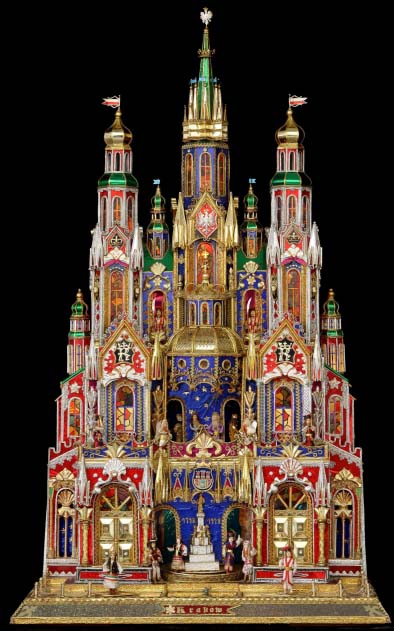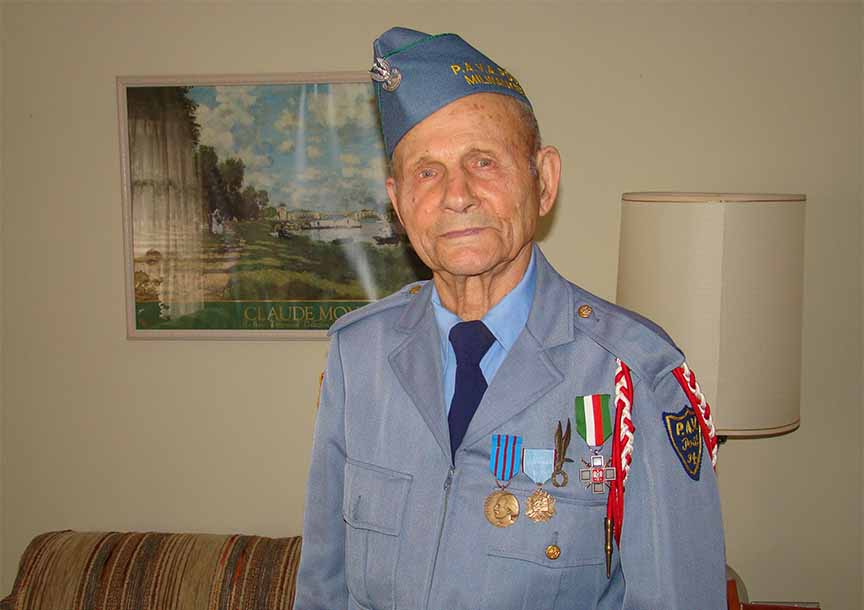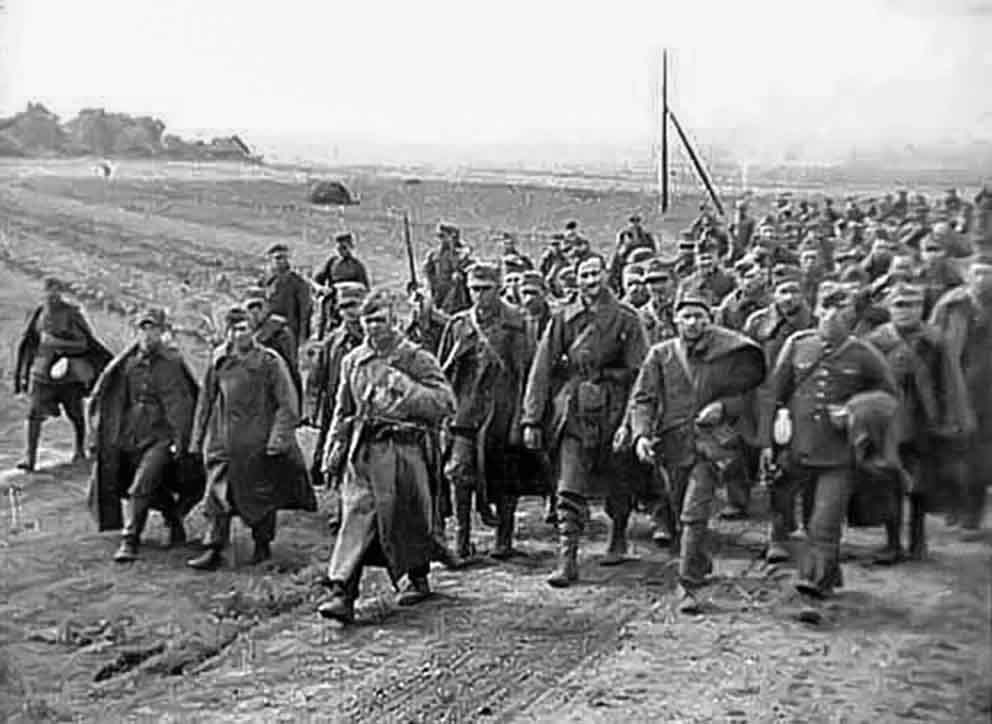The "Golden Train" is a famous story from a few years ago that reminded us of the German Nazis and their looted treasures from all over Europe. Apparently, it contained the inexhaustible riches of the inhabitants of Wrocław, which were to be taken away because of the Russians approaching Wrocław between November 1944 and the end of January 1945.
Read more...In today's interview Kuryer Polski hosts prof. Donald Pienkos. Donald Edward Pienkos is Emeritus Professor of Political Science at the University of Wisconsin, Milwaukee. He is a Polish American historian specializing in political science and the history of the Polish American community. He was a witness and the creator of history, especially involved in the cause of Poland's accession to NATO.
Read more...Kuryer Polski would like to present the history of Polish statehood, which often extended beyond the territory of the Republic of Poland and into the boundaries of the residence of the Polish diaspora, formerly known as Polish emigration. We start with the most important office in the Polish state — the office of the President of the Republic of Poland.
Read more...In the 1930s, the Warner Brothers film studio produced films in the spirit of social realism, covering less appealing themes in modern America, such as crime, poverty, and a clumsy legal system. In these films, Poles were presented as criminals and negative characters. In one of those films, The Life of Jimmy Dolan, the evil character was called Pulaski. In another film, How Many More Knights, a gangster and murderer was a man named Kościuszko.
Read more...When Poland regained its independence after 123 years of partitions, it developed in every respect, especially in the cultural area. This fact was noticed in Warsaw, which from moment to moment was becoming a real European capital. During the celebration of the New Year, balls were held here, which attracted guests from all over the country, which raised the rank of our capital.
Read more...January 14, 2022 is one-hundred-and-fiftieth anniversary of the birth of the outstanding patriot priest, Fr. dr Bolesław Domański. It will soon (on March 6) coincide with the 100th anniversary of the establishment of the Union of Poles in Germany. Few people know who Father Patron (as he was called) was and how important a role he played in the economic life and in maintaining Polish identity among Poles in Germany. His work and attitude can also serve as an example for contemporary Poles. This article is dedicated to be a reminder of this extraordinary figure.
Read more...On November 28 – December 1, 1943 in Tehran a meeting of the leaders of the anti-Nazi coalition (the so-called Big Three): US President Franklin Delano Roosevelt, British Prime Minister Winston Churchill and Soviet leader Joseph Stalin, was held. Key decisions were made there to end World War II, and Central and Eastern Europe was sold there for a promise to support America in the war with Japan.
Read more...The Polish-language media in Germany are already, as Germans call them — indicating their age of 131 years — "old". They were organized by political, military and economic emigrants, as well as the people who had chosen to settle outside Poland. They (the media) were an element and expression of identity and culture-creating activities of various Polish communities and emigrants. Their content were and are the phenomena that existed on the border of two cultures: Polish and German.
Read more...Kuryer Polski would like to introduce you to a certain Pole, Marek Probosz, living in California, who — with great success — alone and without anyone's help, introduces America to "one of the greatest heroes of the 20th century", as The New York Times wrote, to Captain Witold Pilecki.
Read more...The nativity scene (pol. szopka), as the father prelate Michał Słowikowski from Lublin used to say, "...is a kind of sacred scene that primarily represents the Holy Family and everything that happened in Bethlehem..."
Read more...One of the heroes is definitely Tadeusz Cisek - Siberia-veteran, paratrooper of General Stanisław Sosabowski's Independent Brigade, soldier of the Polish Armed Forces in the West, commander of the 94th SWAP outpost in Milwaukee, member of the Polish American Congress, Polish community activist. He passed away on December 8, 2021, at the age of 98. His fate is an individual record of Polish history after regaining independence in 1918.
Read more...Wojciech Materski
Although Russia has officially acknowledged the perpetration of the Katyn massacre, this truth is virtually absent from Russian historiography today. For it does not fit into the myth of the great victory of the war, any more than the Hitler-Stalin pact of 1939, the mass deportations, the enslavement of the Baltic republics, or the colossal scale of the Red Army's marauding in the final phase of the Second World War.
Read more...


